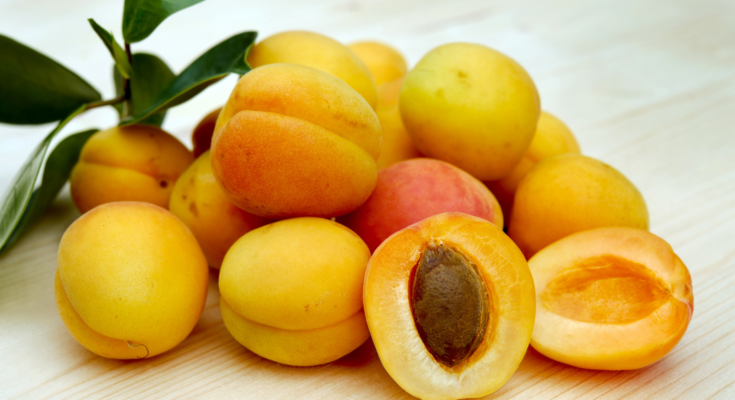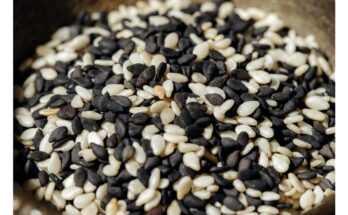Apricot is a highly valued fruit that belongs to the sub-acid category. In its unripe state, it has a slightly tangy taste, which gradually diminishes as it ripens, making the fruit sweeter. Known for its nutritional benefits, apricot is widely consumed and appreciated.
This small, round, or oblong-shaped fruit has a yellowish color and contains a hard stone with an edible seed inside. It bears a resemblance to a peach but is much smaller in size. Apricots that ripen naturally on the tree develop the best flavor, similar to that of a peach.
Rich in Essential Nutrients
Fresh apricots are an excellent source of natural sugars, vitamin A, calcium, and essential B-complex vitamins such as riboflavin and niacin. They also contain vitamin C, which supports the immune system. The kernel of the apricot is rich in protein and healthy fats, and its oil shares similar properties with almond oil.
Health and Medicinal Benefits
Apricots and their derivatives—kernels, oil, and flowers—have been used in traditional medicine for centuries. They were believed to enhance longevity and were often included in cosmetic formulations. The oil extracted from apricot kernels possesses sedative and antispasmodic properties, providing relief from muscle inflammation. Additionally, it aids in wound healing, expels intestinal parasites, and serves as a general health tonic.
With a high fiber content, apricots act as a natural laxative, making them beneficial for individuals struggling with constipation. The presence of cellulose and pectin helps in promoting healthy digestion by adding bulk to stool and facilitating smooth bowel movements.
Other Health Benefits
Apricots have an alkaline effect on the body and, when consumed before meals, aid digestion. Organically prepared apricot marmalade or jam is useful in treating nervous indigestion.

Due to their high iron content, apricots serve as an effective remedy for anemia. The small yet essential amount of copper in the fruit also plays a crucial role in improving iron absorption.
Fresh apricot juice, especially when mixed with honey or glucose, acts as a cooling drink during fevers. It helps quench thirst, flush out toxins, and nourish vital organs like the eyes, stomach, liver, heart, and nerves with essential vitamins and minerals.
Culinary Uses
Apricots are commonly eaten fresh as a dessert fruit, but they are also enjoyed in dried form. Additionally, they are used to make jams, jellies, marmalades, and preserves. Canned apricots sweetened with sugar are quite popular, while the apricot kernel is frequently used in confectionery.





Hey, you used to write wonderful, but the last few posts have been kinda boringK I miss your great writings. Past few posts are just a little bit out of track! come on!